5 Smoky Secrets of La Costeña Chipotle Peppers You Can’t Ignore
Table of Contents
- Introduction: The Smoke That Started a Flavor Revolution
- The Fiery Origins of La Costeña Chipotle Peppers
- 5 Smoky Secrets to Mastering These Mexican Marvels
- How to Use Them Like a Pro (or at Least a Really Talented Home Cook)
- La Costeña vs. Other Chipotle Brands: Who Brings the Heat?
- Pro Tips for Storing, Substituting, and Surviving the Spicy Side Effects
- Conclusion: Why These Peppers Are Worth the Burn
Introduction: The Smoke That Started a Flavor Revolution
Let’s face it: without smoky chipotle peppers, your pantry is basically just sad jars waiting to be filled with potential. And if you haven’t yet welcomed La Costeña Chipotle Peppers into your culinary fold, you’re missing out on one of the most delicious flavor bombs in global spice traditions.
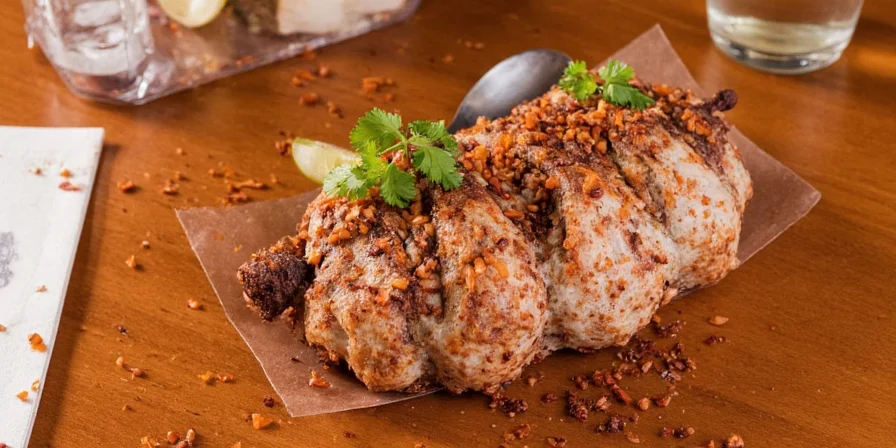
These little smoked jalapeños are more than just hot—they're complex, earthy, tangy, and bold all at once. Whether you're spicing up a taco night or adding depth to a vegan stew, these peppers are like the James Bond of spices—suave, intense, and always ready for action.
The Fiery Origins of La Costeña Chipotle Peppers
To understand why these peppers pack such a punch, we need to rewind to Mexico's rich culinary history. Jalapeño peppers have been a staple since the days of the Aztecs, but it wasn't until they started smoking them that chipotles were born.
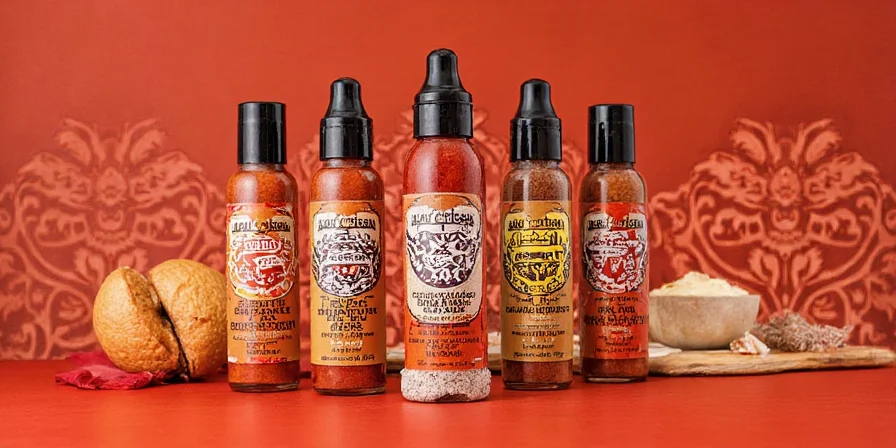
The word “chipotle” comes from the Nahuatl word *chilpoctli*, meaning “smoked chili.” Fast forward to today, and brands like La Costeña are keeping this ancient tradition alive by slow-smoking ripe red jalapeños until they reach that perfect balance of heat and smoke.
5 Smoky Secrets to Mastering These Mexican Marvels
- They come in different forms: whole, crushed, in adobo sauce—you pick your poison!
- Not all heat is created equal: Chipotles rate between 2,500–8,000 Scoville units. So, spicy, but not fire-breathing-dragon-level spicy.
- Adobo sauce = liquid gold: Don’t throw it away! This smoky-red sauce can add flavor to sauces, soups, and even salad dressings.
- One pepper goes a long way: Start small unless you enjoy tears… and I don’t mean emotional ones.
- They age like fine wine: Older peppers stored in cans get richer and deeper in flavor over time.

How to Use Them Like a Pro (or at Least a Really Talented Home Cook)
Here’s where the real magic happens. Let’s talk recipes:
- Make a killer chipotle mayo: Blend a few peppers with mayo, lime juice, and garlic for a smoky condiment that works wonders on burgers and sandwiches.
- Add to marinades: A spoonful of adobo sauce mixed with olive oil, cumin, and lime makes an epic base for grilled chicken or tofu.
- Stir into soups and stews: For an instant depth boost, stir in a chopped chipotle and a splash of adobo sauce into tomato soup, lentil stew, or chili.
- Spice up mac and cheese: Yes, really. Add a bit of chipotle puree to your cheese sauce for a kick that won’t quit.
- Bake into cornbread: Dice up a couple of peppers and toss them into your next batch of cornbread. It’s like party time in your mouth.
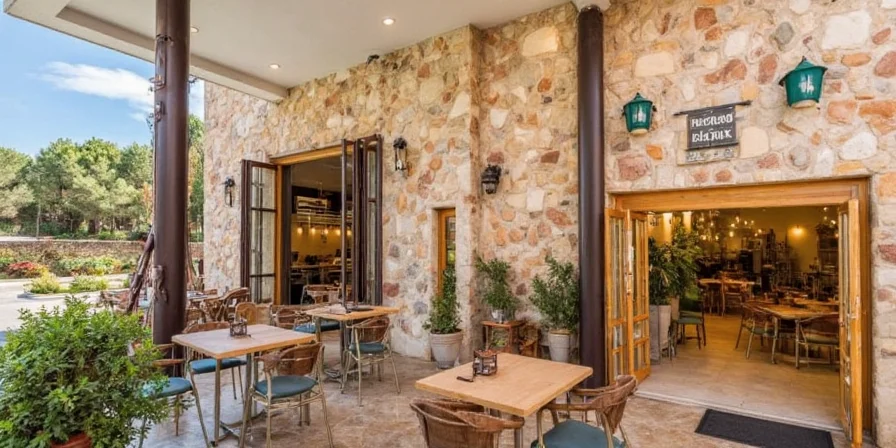
La Costeña vs. Other Chipotle Brands: Who Brings the Heat?
Let’s break down how La Costeña stacks up against other popular chipotle brands. Spoiler: They win more often than not.
| Brand | Texture | Smokiness | Heat Level | Best For |
|---|---|---|---|---|
| La Costeña | Firm, pliable | Rich, balanced | Moderate to high | Marinades, tacos, dips |
| Hatch | Soft, almost mushy | Light smoke, more vegetal | Lower heat | Lighter dishes, salsas |
| Mutiny | Dense, dry | Very smoky, almost bacon-like | High | Meat rubs, hearty stews |
| Goya | Soft, broken pieces | Mildly smoky | Low to moderate | Cheap bulk use |

Pro Tips for Storing, Substituting, and Surviving the Spicy Side Effects
- Store properly: Once opened, keep peppers submerged in adobo sauce and refrigerate for up to 3 weeks—or freeze them for longer shelf life.
- Want a shortcut? Puree the peppers and sauce together and store in ice cube trays for easy single-serve portions.
- No chipotles? No problem: Substitute with smoked paprika + a dash of cayenne for a similar flavor profile (though it won’t be the same).
- Overdid it on the heat? Dairy is your best friend. Milk, yogurt, or sour cream will soothe that burn better than apologies after a spicy confession.
- Wear gloves when handling: Seriously. Unless you want to accidentally blind yourself later while rubbing your eye.
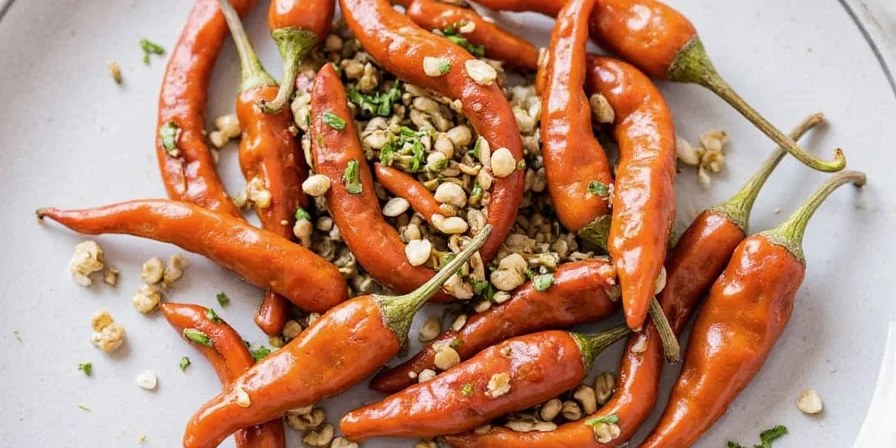
Conclusion: Why These Peppers Are Worth the Burn
Whether you're a professional chef or someone who just discovered the joy of cooking at home, La Costeña Chipotle Peppers deserve a permanent spot in your pantry. Their smoky depth, moderate heat, and incredible versatility make them a kitchen MVP.
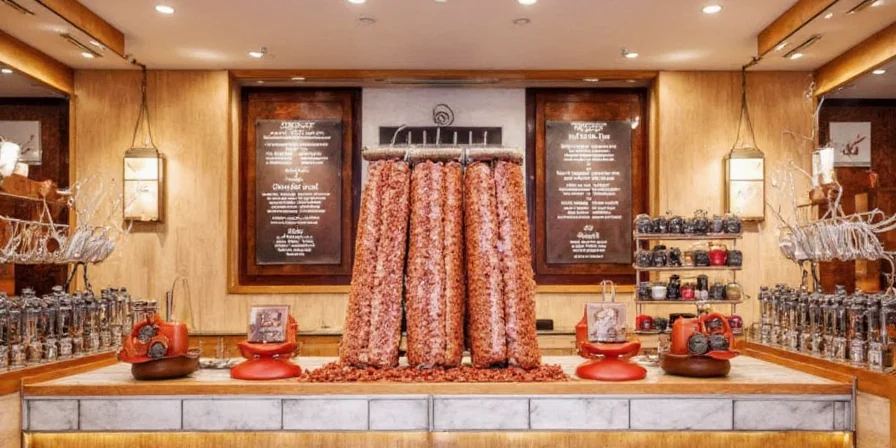
From adding a whisper of heat to a creamy pasta sauce to turning your grilled meats into carnivorous masterpieces, these peppers do it all—and they do it well. So go ahead, open that can, embrace the smoky aroma, and let the flavor fireworks begin.

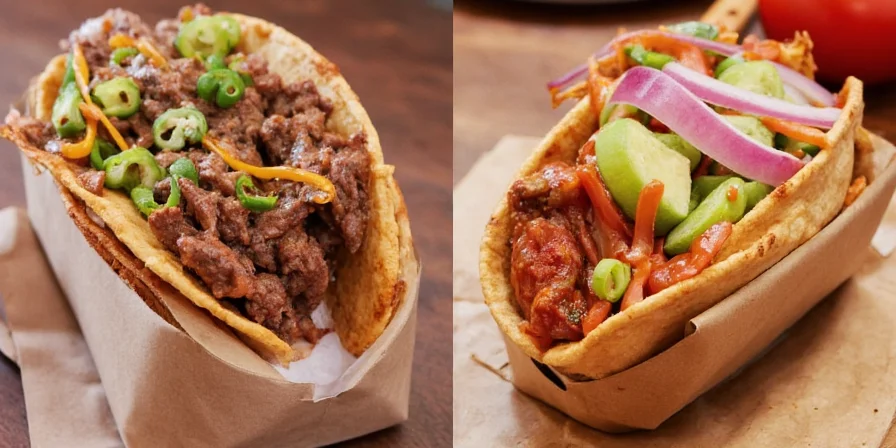









 浙公网安备
33010002000092号
浙公网安备
33010002000092号 浙B2-20120091-4
浙B2-20120091-4